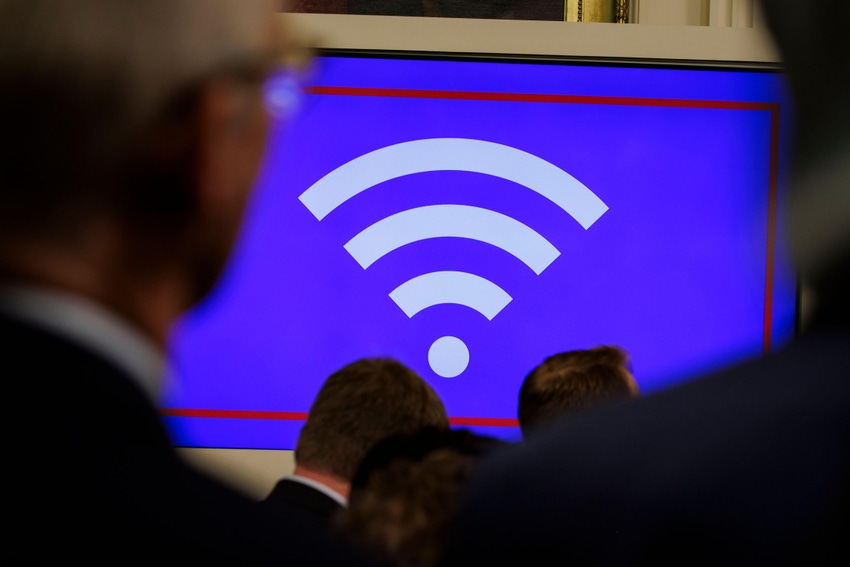Sparklight, Cebridge RDOF locations in Louisiana back on BEAD map
Cable One's Sparklight and Altice's Cebridge will default on RDOF commitments in Louisiana. Those locations are 'now eligible for other funding programs' and the 'carriers will be subject to penalties,' said the FCC.

The FCC confirmed in a public notice on Monday that more providers will default on their Rural Digital Opportunity Fund (RDOF) and Connect America Fund II (CAF) commitments. As per the notice, the defaulted census blocks "are now eligible for other funding programs," like the $42.5 billion Broadband Equity Access and Deployment (BEAD) program.
On the RDOF front, both Cebridge Telecom (Altice) and Sparklight (Cable One) notified the FCC that they will withdraw from RDOF in all census block groups (CBGs) awarded in Louisiana. Altice/Cebridge was authorized in August 2022 to receive $303,894.20 over ten years to deliver service to 2,266 Louisiana locations; and Cable One/Sparklight was authorized in June 2022 to receive $3,615 to service 22 locations in Louisiana.
"We consider Cebridge Telecom LA and Cable One VoIP to have defaulted on their RDOF service milestones in Louisiana. Each will receive no further RDOF auction support payments for Louisiana, and they are subject to support recovery and noncompliance measures consistent with the Commission's rules," states the public notice.
"We will also remove their Louisiana RDOF service areas from the Broadband Funding Map. While Cebridge Telecom LA and Cable One VoIP will no longer receive RDOF support in Louisiana, they remain subject to recordkeeping rules for the high-cost program."
Light Reading reported on Altice's intent to default on its RDOF commitments in Louisiana last month. In alerting the FCC of its decision, Altice had noted that Louisiana is "in the process of finalizing its BEAD eligibility map and removing these CBGs as federally-funded will permit them to receive even higher speeds." Louisiana received NTIA approval on both volumes of its BEAD proposal in December and is still the only state to do so.
In addition to the RDOF defaults, the FCC also confirmed that RiverStreet is withdrawing from CAF II support in parts of North Carolina. According to the notice, RiverStreet will default on 234 of the 368 locations for which it was authorized to receive funding ($679,130.10 over ten years). "RiverStreet remains committed to deploying service to the remaining CBGs in its CAF Phase II auction supported areas," adds the notice.
Regarding the defaulting providers, the FCC added: "the carriers will be subject to penalties."
More defaults coming?
The additional RDOF defaults come as the FCC is considering a proposal to grant a brief amnesty period for providers to default on blocks they don't intend to serve, with limited penalties, in order to make those locations available for the BEAD program. The FCC opened a public comment period on that proposal in March and comments were due April 9.
Those comments surfaced some disagreement between certain parties. For example, a group known as the "coalition of RDOF winners" has been lobbying for supplemental RDOF funding and/or relief without penalty, due to rising deployment costs in the wake of the pandemic.
Meanwhile, other commenters like NTCA–The Rural Broadband Association were supportive of a pathway to surrendering locations for BEAD's sake but warned that "any such pathway to relief must not provide 'amnesty' in the form of a 'get out of jail free card' for those that choose it."
About the Author(s)
You May Also Like












